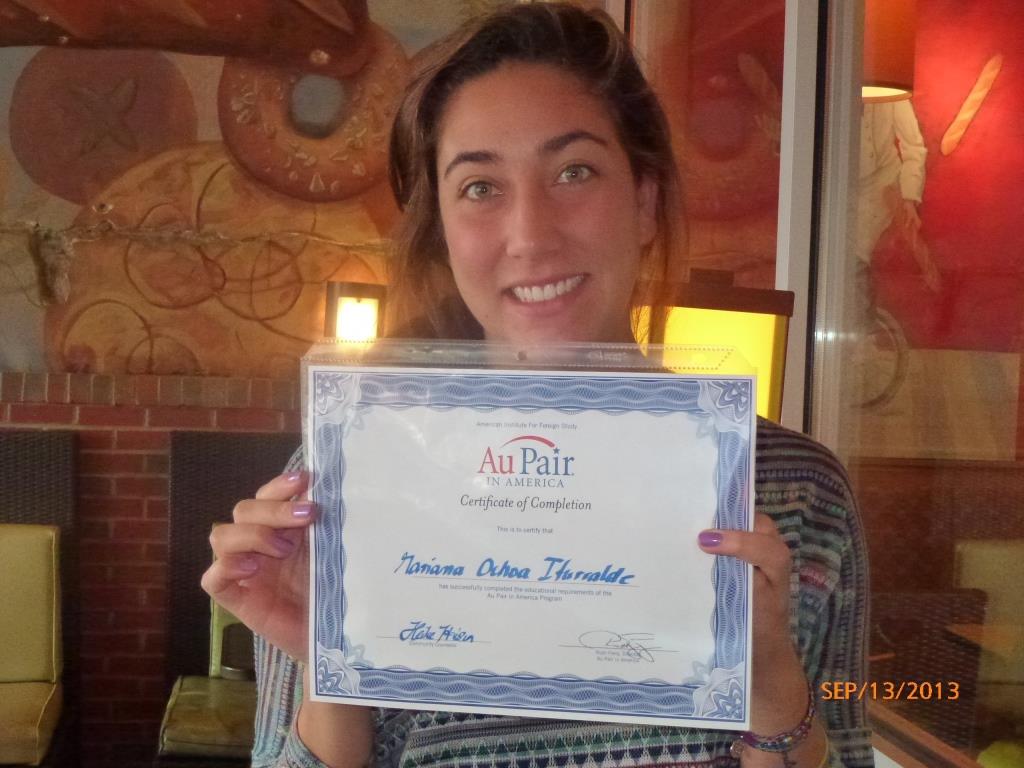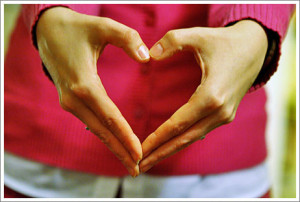
If this article seems to be too much about “basic life skills” for your tastes, stop for a moment and think about people you’ve met who put little or no effort into their personal appearance. Think of people with bad breath or greasy hair and how your opinion of them subtly changed when you noticed these things. This advice is primarily for those people, but also as a reminder to everyone that the small efforts of personal appearance are tiny investments that do pay off.
Personal appearance is one of those subtle things that’s difficult to quantify. Mostly, it’s a collection of a lot of small investments of time and effort that add up to a slight but noticeable tweak in how people think of you. The difference is real, and over time these small differences in a lot of interactions and events can really add up. Keeping clean and keeping up a good appearance are also great ways to simply feel good – I know for me personally, few things make me feel better than a hot, soaking shower. Even better, personal appearance is something that you can maximize – or at least significantly improve – with just a bit of effort. Here are a bevy of little steps you should be taking to maximize the value of your personal appearance, from the obvious to the subtle.
Maintain a daily hygiene schedule.
For some people, setting aside time each and every day for basic personal hygiene is a challenge. They’re wrapped up in work, super-involved with their families, and have too many things going on, so they’ll just skip an evening shower and make things look all right in the morning, or they’ll simply fall into bed without thinking about it and then get up so late in the morning that they have to bolt out the door to start taking charge of their responsibilities.
Hygiene is important. Schedule some time each day to take care of things. I usually do my hygiene tasks the moment I wake up, and I have a litany of things that I go through as part of the routine. If you don’t have an established routine that is simply a fundamental part of your day, start one. Literally make a list of things to do and do them every day. That time you invest will pay off in the long run because you’ll be constantly providing a subtle positive cue to others about yourself – and you’ll feel better, too.
Take a bath or shower and clean thoroughly.
When I was in school, I bathed in a shared shower situation with a lot of other people and I witnessed people standing under the shower for a few minutes, flopping a bit of soap lather on themselves, rinsing it off, and getting out. If that sounds like your average shower, you need to start scrubbing a bit more. Lather up a washcloth with a lot of soap and use it to scrub down all of your body. Rub vigorously everywhere, then rinse. If the place produces significant odor, do it two or three times. Trust me – at the end of the day, this will leave you feeling much fresher than if you just take an ultra-quickie shower.
Don’t use antibacterial soap.
Antibacterial soap might kill off some of the bacteria on your skin, but that’s bad for two reasons. First of all, it lowers your own resistance to a variety of bacteria, making you more susceptible to bacteria-borne illness. Second, if a soap kills off 99.9% of bacteria, the 0.1% that’s left is going to be resistant to that soap and will thrive. In the words of Dr. Stuart Levy, a microbiologist at Tufts University: “Dousing everything we touch with antibacterial soaps and taking antibiotic medications at the first sign of a cold can upset the natural balance of microorganisms in and around us, leaving behind only the superbugs.” Use some quality soap, but don’t use antibacterial soap – it has no real benefit and may in fact make you sick over the long haul.
Brush your teeth and floss
One of the first things I notice about a person is whether their breath smells badly. For some people, this is a medical condition; for others, it’s a side effect of too much garlic. Either way, you can go a long way towards preventing it by practicing good oral hygiene. Brush your teeth every day and floss them, too.
A clean mouth and clean teeth give you a nice smile and fresh breath, both of which are major positives for one’s personal appearance. It just takes a good scrubbing in the morning to cause it, so don’t skip over brushing your teeth.
Use deodorant.
A scentless odor-blocking deodorant, preferably one that does an effective job of absorbing moisture, can do wonders for both minimizing any potential body odor and for keeping any moisture from appearing on your clothing. Most deodorants work pretty well for the average person – don’t overthink it, just apply it.
Keep your hair clean and trimmed evenly
The important thing is to keep it clean. Clean hair, even if it’s a bit disheveled or not cut perfectly, does wonders for a person’s appearance. When you take a shower or bath, give your hair a thorough scrubbing.
Minimize body artwork unless it clearly doesn’t matter or is beneficial to your career.
I’ve personally witnessed this body art causing a social stigma for them, if they have several pieces visibly evident beyond their clothing. They could be avoided on the street, passed over for work promotions, and could face various subtle social stigmas because of the art.
If you choose to have body art, be aware that for many people, such art is in fact a social stigma and that you will suffer for it in various ways, both subtle and non-subtle. In some careers and some social strata, body art is inconsequential or even encouraged, but this is far from true for all careers and all social strata. In a nutshell, be very careful of the long-term consequences if you are considering some form of permanent body art.
Dress well
At a minimum, make sure what you’re wearing is clean and presentable, though, as people will visit and draw a number of conclusions based on your appearance
Greet everyone you meet, smile, and willingly engage in conversation.
All of this only takes a few moments, but it creates a very positive impression of you in a social sense, particularly when combined with good hygiene and good appearance. It only takes a few greetings from a well-scrubbed person to develop some level of positive feelings towards that person, and that’s something that’s always good to have in your corner.
Here’s the bottom line: keep yourself clean and presentable, dress well, and interact positively with others. It takes time, effort, and a bit of money to pull that off, but if you do, you’ll create an overall positive impression of yourself with everyone you interact with, and that positive impression is something very, very valuable to have.
 During work hours, the following would not be considered acceptable:
During work hours, the following would not be considered acceptable:
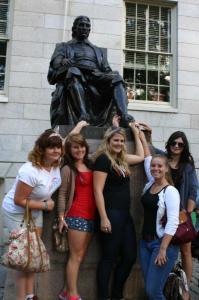


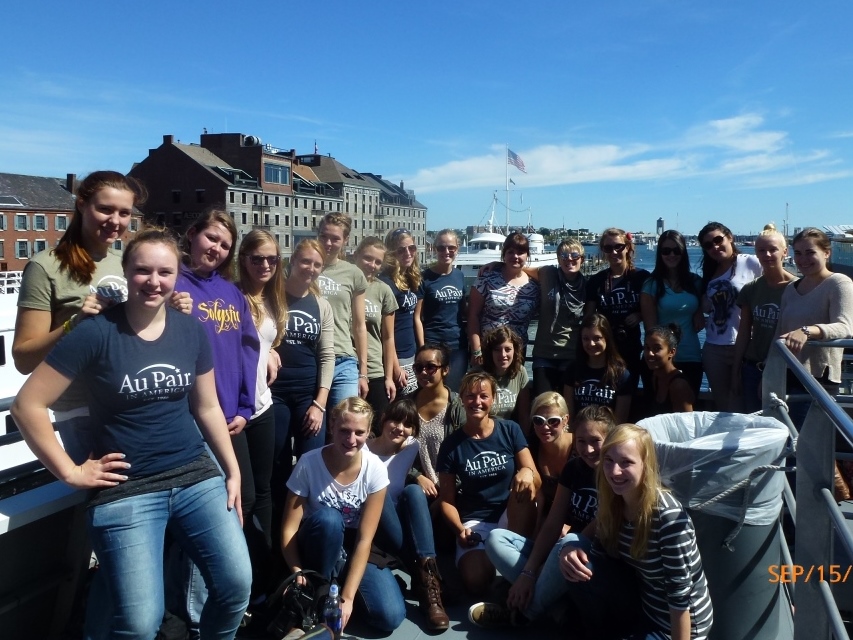
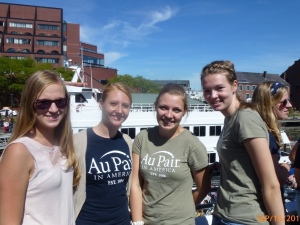
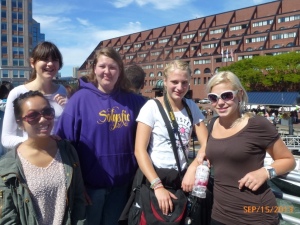
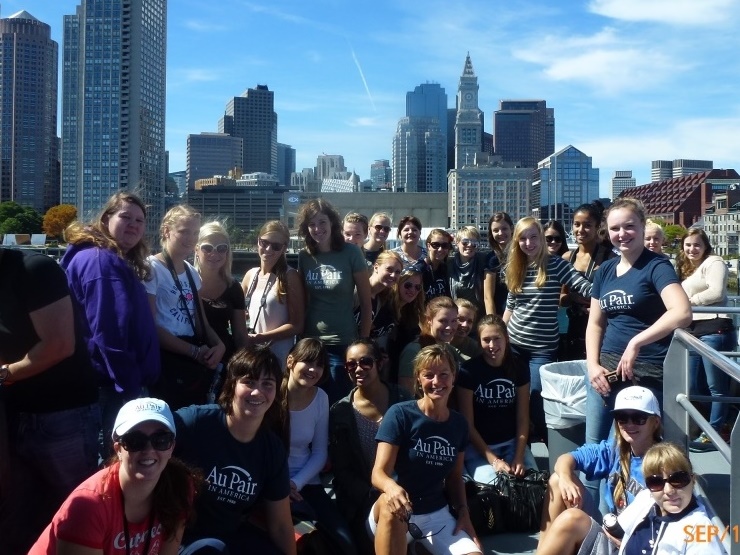
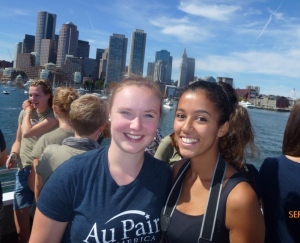
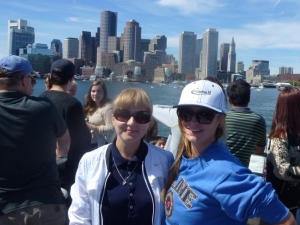
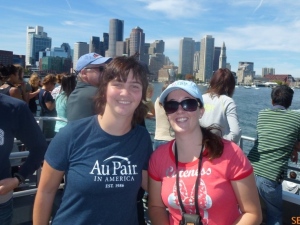


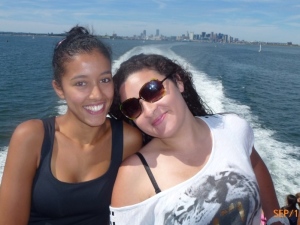
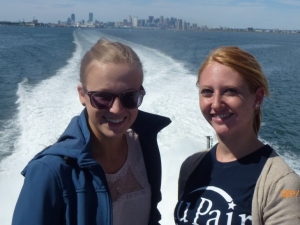


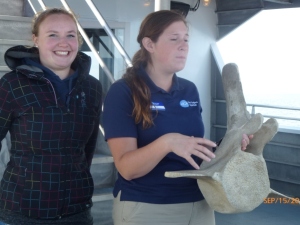
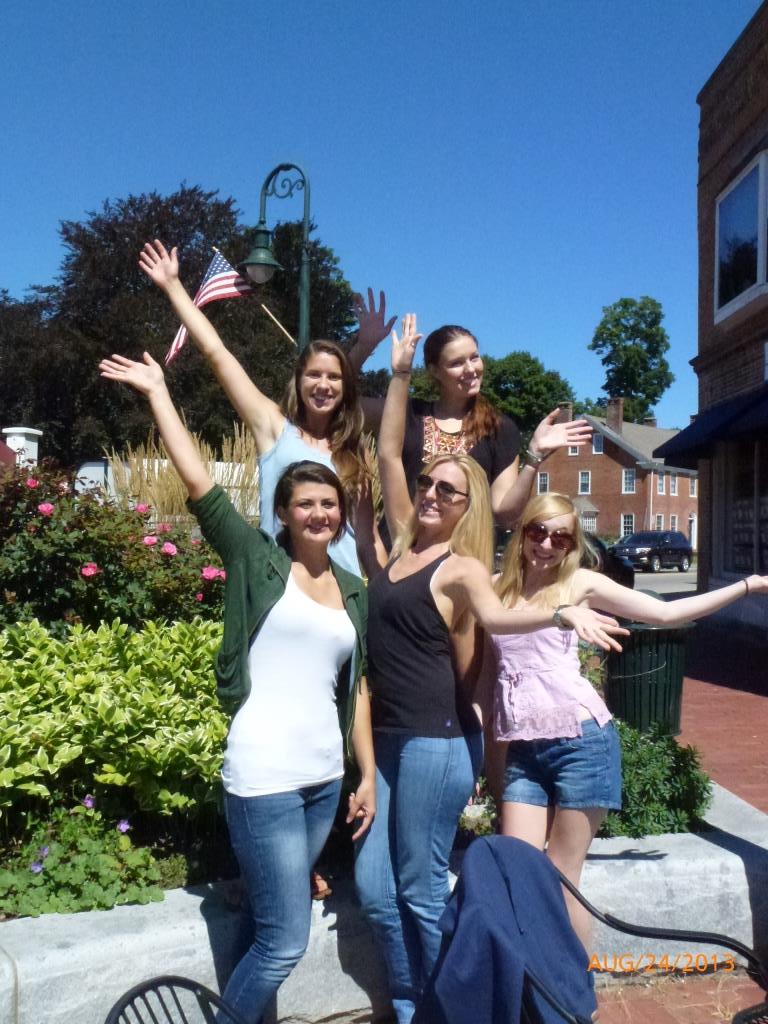
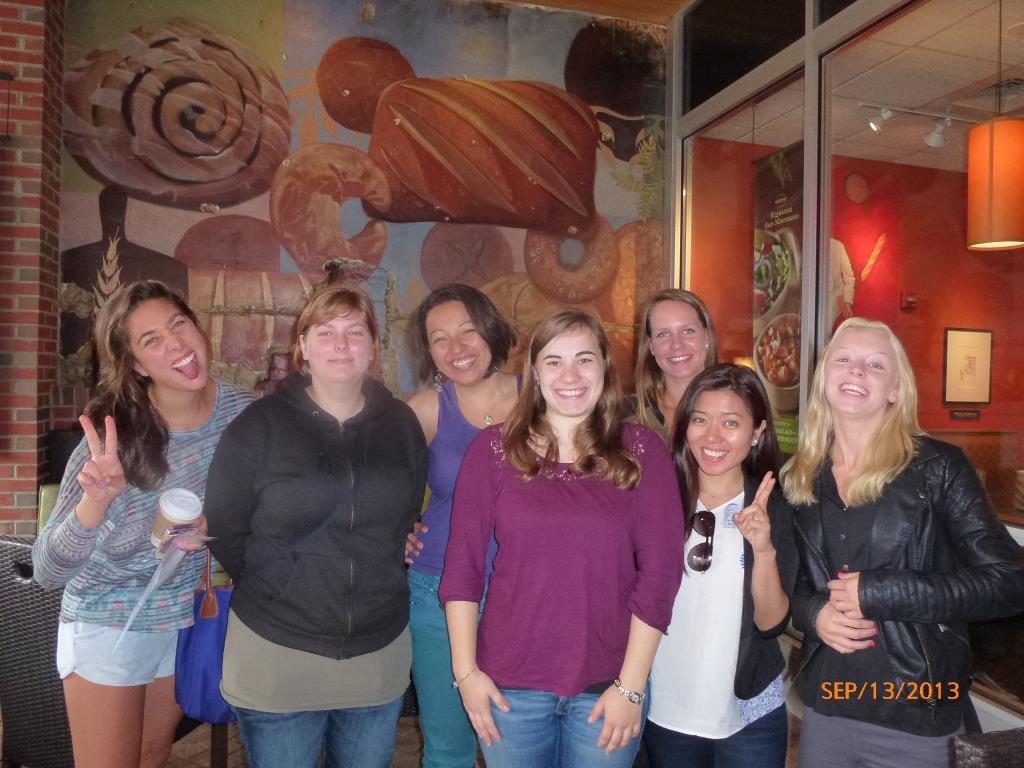 From right: Mariana from Mexicol who told the new aupairs a bit about her year as an aupair, which is almost done. I could welcome Pieta from Finnland, Luz from Colombia, Sophie from Germany, Allison from France, Hannah from Malaysia and Michaela from Germany.
From right: Mariana from Mexicol who told the new aupairs a bit about her year as an aupair, which is almost done. I could welcome Pieta from Finnland, Luz from Colombia, Sophie from Germany, Allison from France, Hannah from Malaysia and Michaela from Germany.